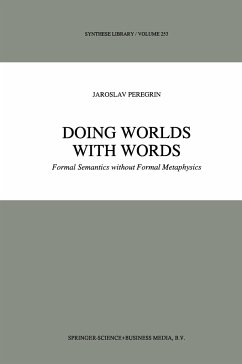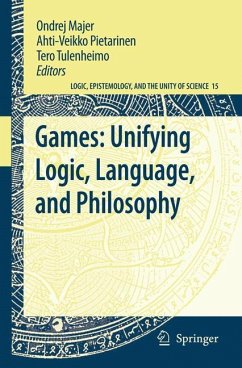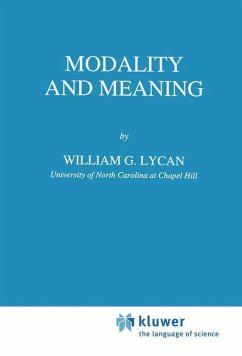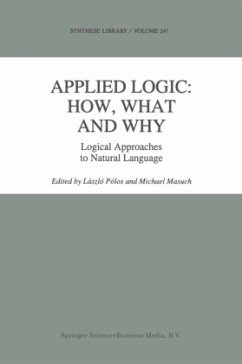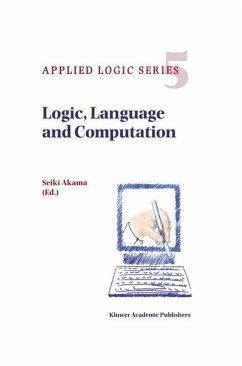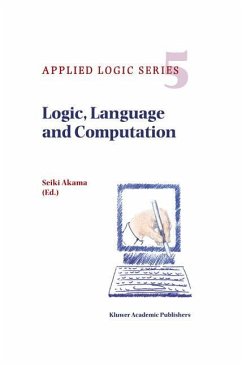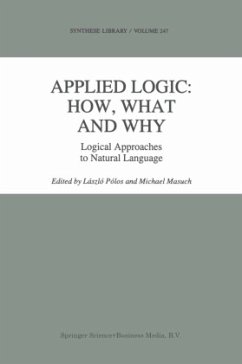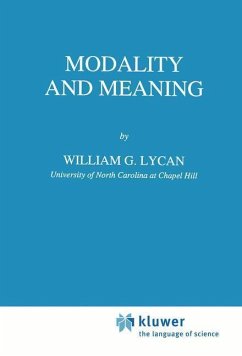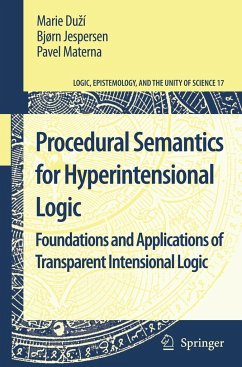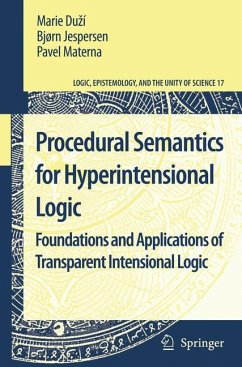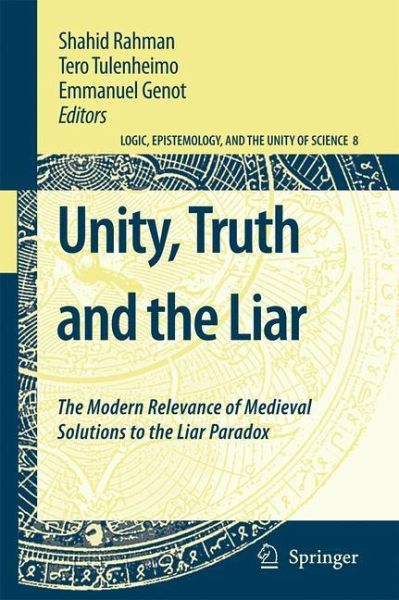
Unity, Truth and the Liar
The Modern Relevance of Medieval Solutions to the Liar Paradox
Herausgegeben: Rahman, Shahid; Tulenheimo, Tero; Genot, Emmanuel

PAYBACK Punkte
58 °P sammeln!
The Liar Paradox challenges logicians' and semanticists' theories of truth and meaning. This book, entirely written in dispute style, provides a formal reconstruction of several medieval theories of truth, demonstrating their relevance to modern research.
Andinmy haste, I said: "Allmenare Liars" 1 -Psalms 116:11 The Original Lie Philosophical analysis often reveals and seldom solves paradoxes. To quote Stephen Read: A paradox arises when an unacceptable conclusion is supported by a plausible argument from apparently acceptable premises. [...] So three di?erent reactions to the paradoxes are possible: to show that the r- soning is fallacious; or that the premises are not true after all; or that 2 the conclusion can in fact be accepted. There are sometimes elaborate ways to endorse a paradoxical conc- sion. One might be prepared to concede that indeed there are a number of grains that make a heap, but no possibility to know this number. However, some paradoxes are more threatening than others; showing the conclusiontobeacceptableisnotaseriousoption,iftheacceptanceleads to triviality. Among semantic paradoxes, the Liar (in any of its versions) 3 o?ers as its conclusion a bullet no one would be willing to bite. One of the most famous versions of the Liar Paradox was proposed by Epimenides, though its attribution to the Cretan poet and philosopher has only a relatively recent history. It seems indeed that Epimenides was mentioned neither in ancient nor in medieval treatments of the Liar 1 Jewish Publication Society translation. 2 Read [1].





